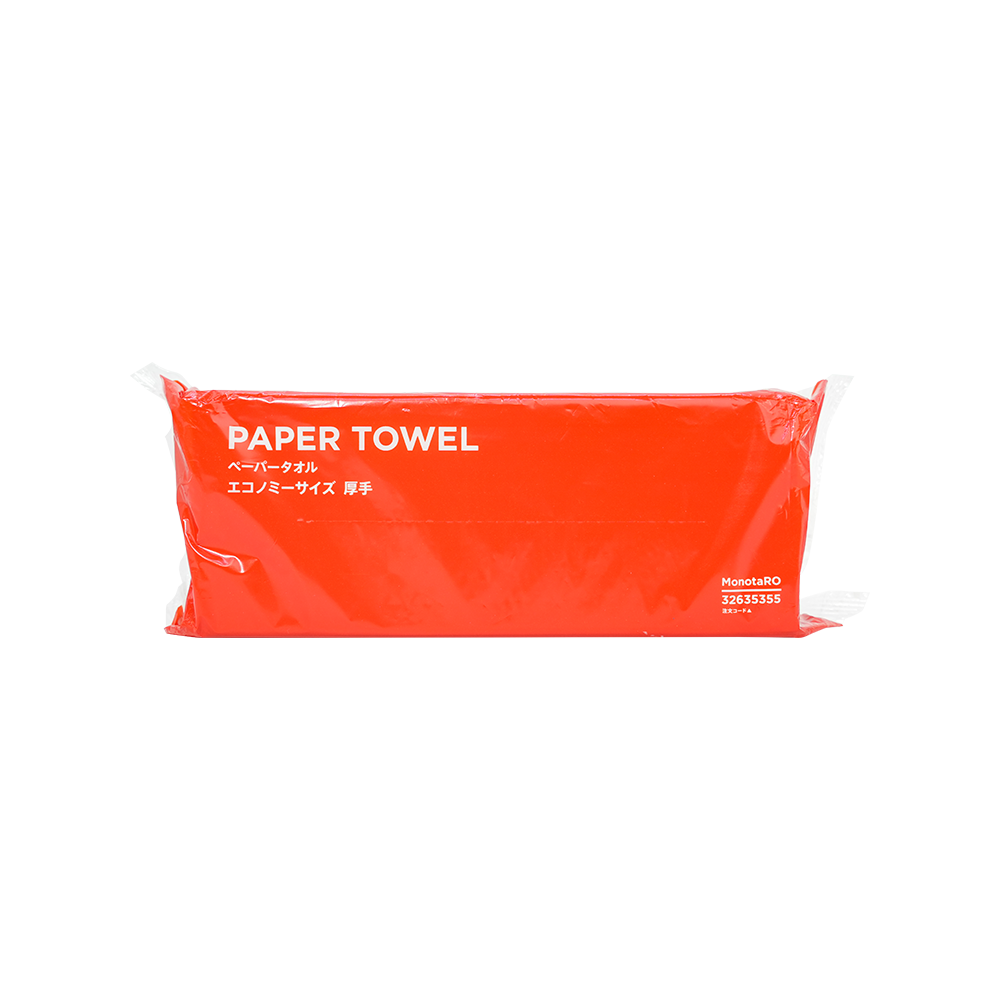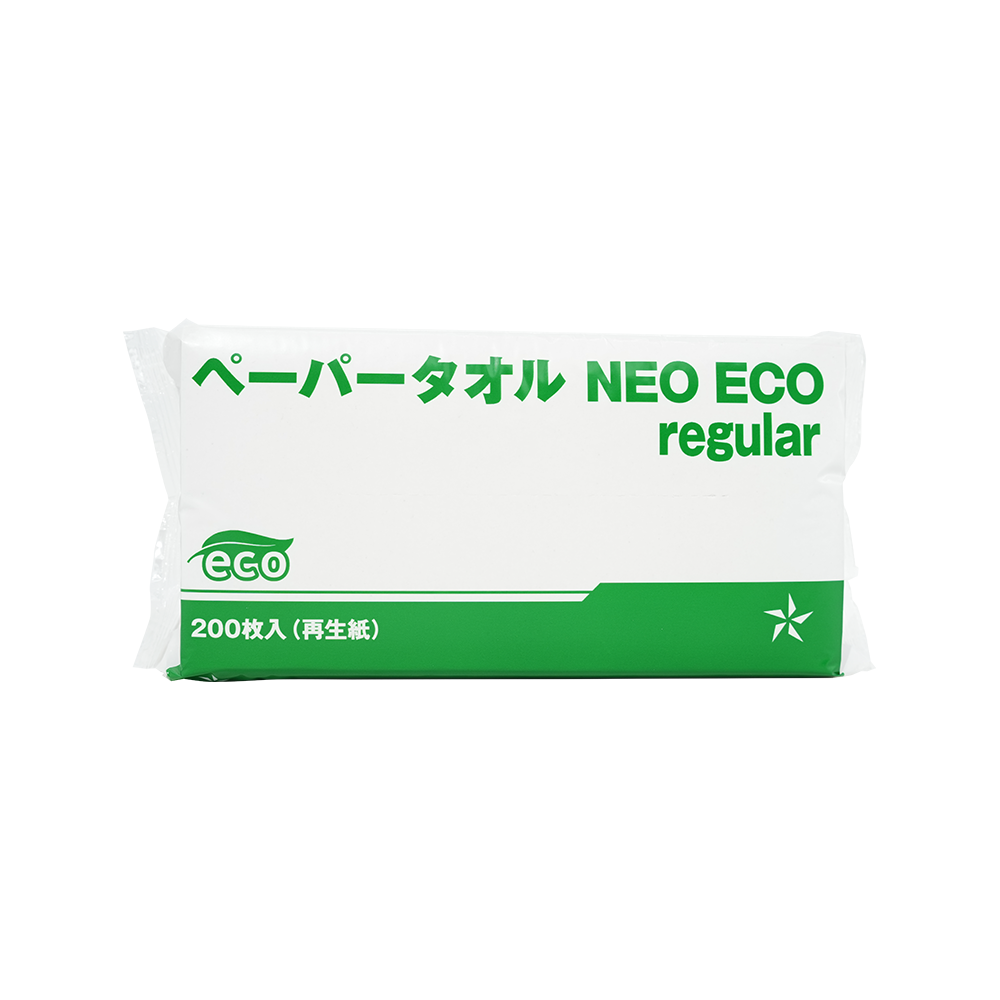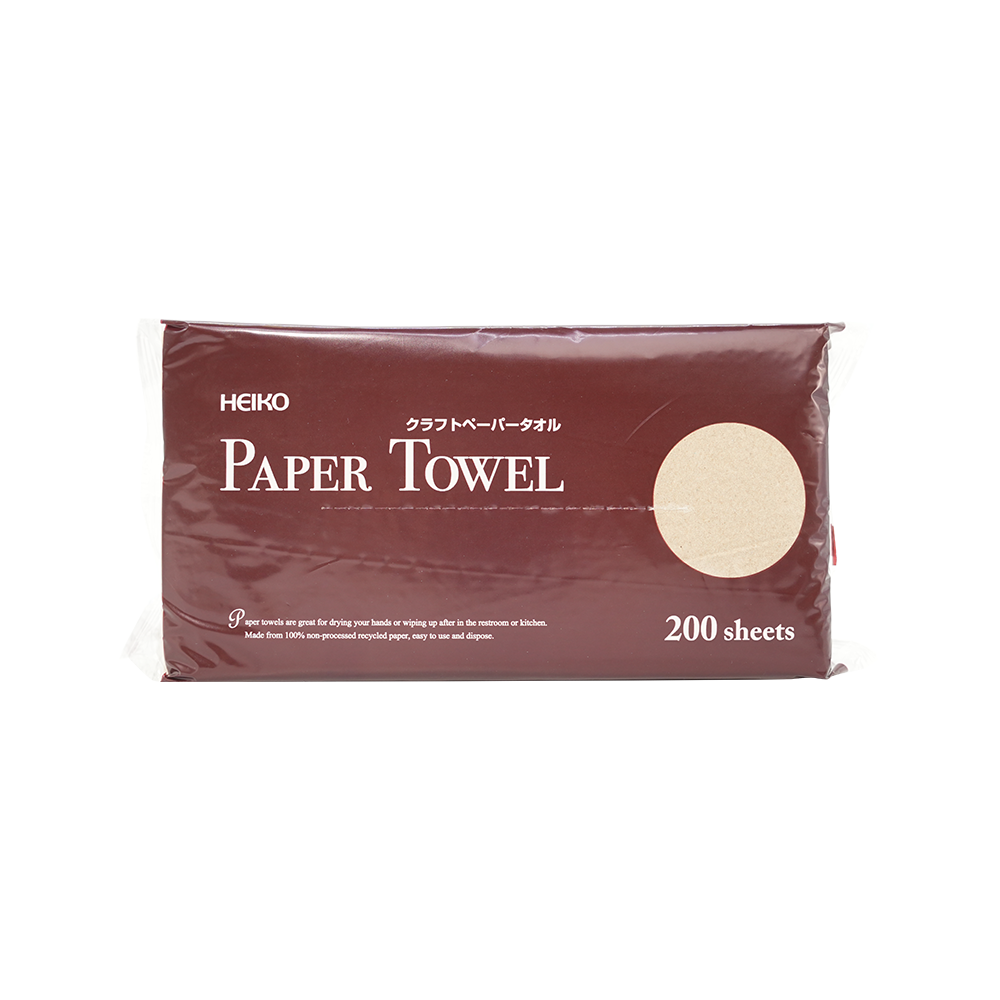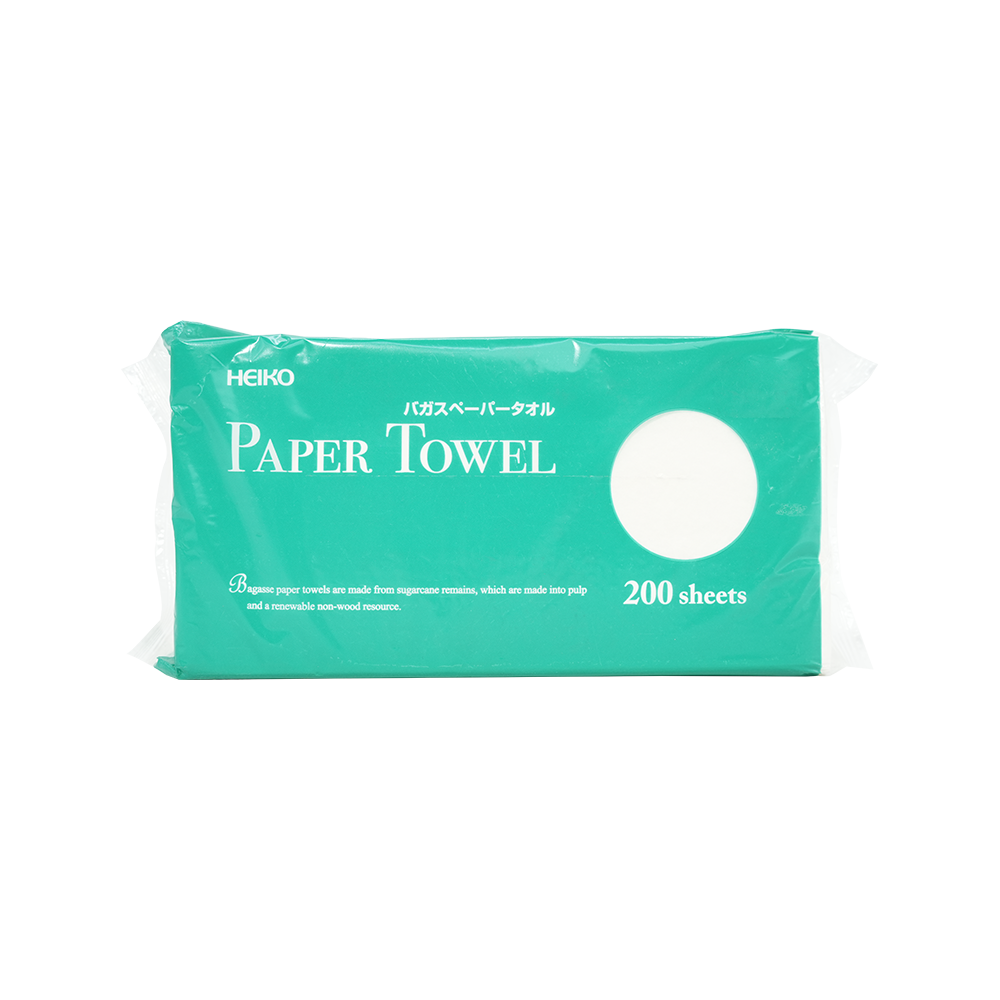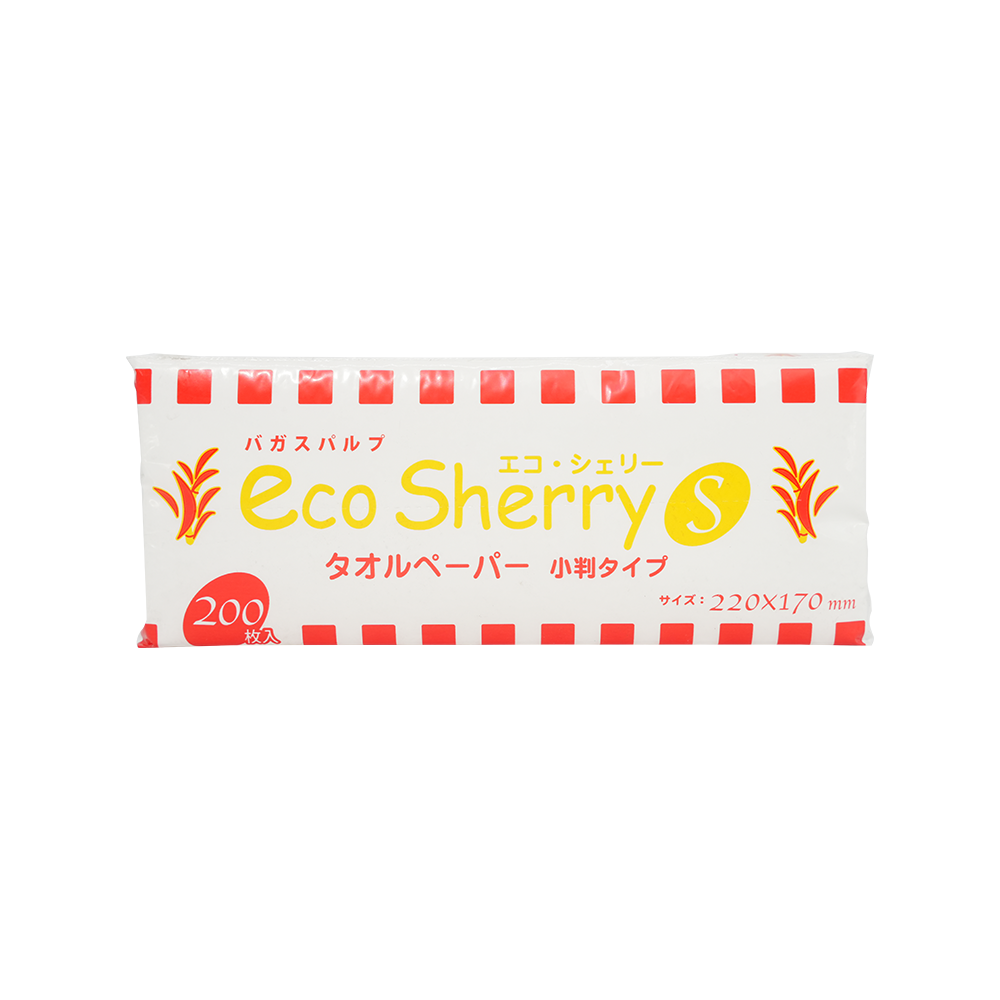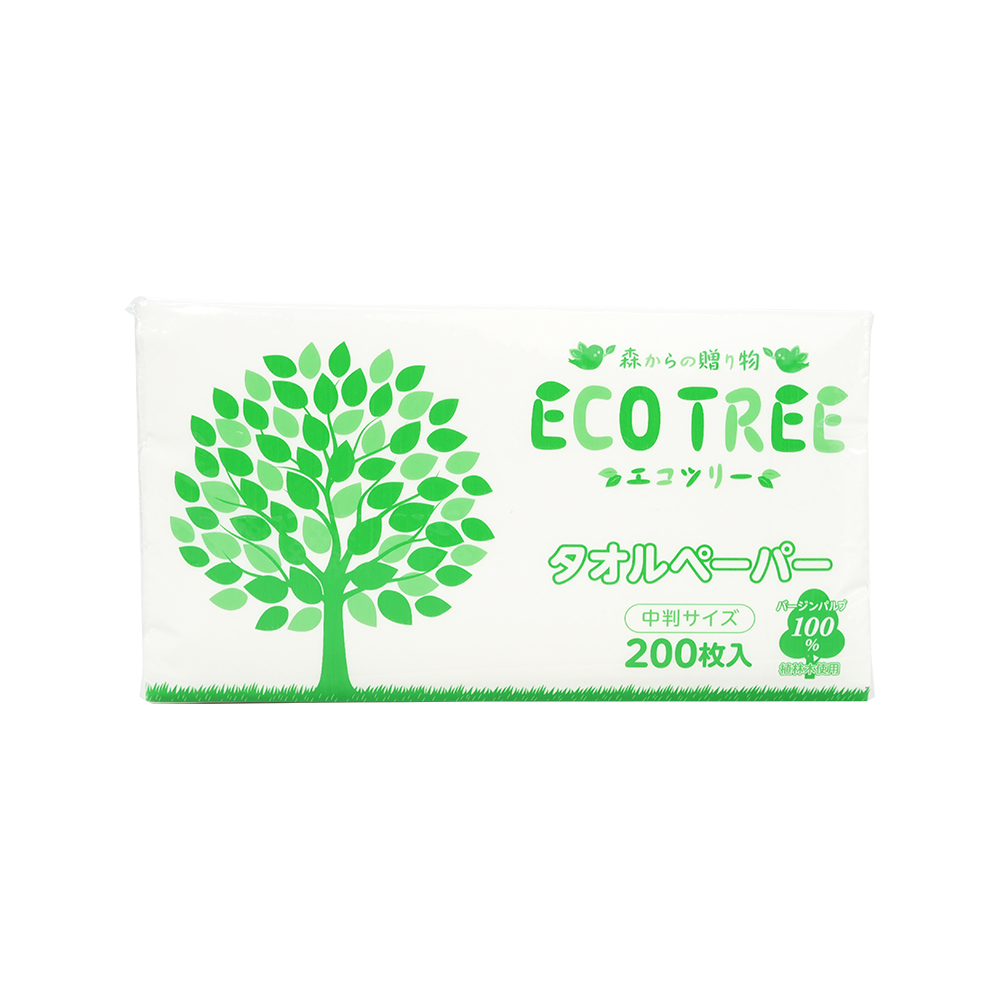Bamboo Fiber Tissues: The Sustainable Revolution in Everyday Essentials
 2025.08.15
2025.08.15
 Industry News
Industry News
In an era where sustainability is no longer optional but imperative, bamboo fiber tissues have emerged as a transformative solution in the realm of personal care products. These tissues, crafted from the natural fibers of bamboo plants, represent a fusion of environmental consciousness and superior functionality, redefining what it means to make eco-friendly choices without compromising quality.
The Botanical Brilliance of Bamboo
Bamboo, a rapidly renewable resource, stands apart due to its astonishing growth rate—some species can grow up to three feet per day. Unlike traditional hardwood trees used in paper production, bamboo can be harvested within three to five years without the need for replanting, as it regenerates from its extensive root system. This resilience translates into minimal ecological disruption, making bamboo an exemplary material for sustainable manufacturing.
The fibers extracted from bamboo are naturally soft yet robust, providing a gentle touch ideal for sensitive skin. Their inherent antibacterial and antifungal properties add an extra layer of hygiene, which conventional paper products often lack. Such attributes not only enhance user experience but also reduce the need for chemical additives, thereby lowering environmental impact further.
Manufacturing Excellence Meets Eco-Responsibility
Bamboo fiber tissues are produced through a meticulous process that respects both the environment and the end consumer. Unlike conventional paper pulp processing, which often involves harsh chemicals and excessive water consumption, bamboo fiber production embraces eco-friendly techniques. Mechanical and enzymatic methods break down bamboo stalks into fine fibers with minimal chemical intervention. The result is a tissue product that is biodegradable, compostable, and free from harmful residues.
This conscientious manufacturing process is complemented by the elimination of bleaching agents such as chlorine, which are notorious for generating toxic by-products. Instead, natural whitening processes ensure that the tissues maintain their purity and safety, aligning with the principles of green chemistry and sustainable production.
Unrivaled Performance and Comfort
Bamboo fiber tissues are distinguished by their unparalleled softness and durability. The unique microstructure of bamboo fibers confers a higher tensile strength compared to conventional wood pulp, meaning these tissues are less prone to tearing during use. Their superior absorbency also ensures effective moisture retention, offering users a more efficient and pleasant experience.
Furthermore, bamboo tissues exhibit excellent hypoallergenic properties. For individuals with sensitive skin or allergies, these tissues reduce irritation risks thanks to the absence of synthetic fragrances, dyes, and harsh chemicals commonly found in traditional paper products.

Environmental Impact: A Paradigm Shift
Switching to bamboo fiber tissues is more than a mere lifestyle choice—it is a proactive step towards mitigating deforestation and reducing carbon footprints. Bamboo plantations absorb carbon dioxide at rates significantly higher than typical hardwood forests, acting as natural carbon sinks. Additionally, because bamboo requires less water and no pesticides to thrive, its cultivation imposes fewer burdens on precious natural resources.
When disposed of, bamboo fiber tissues degrade rapidly, minimizing landfill accumulation and preventing the leaching of harmful substances into the soil and water systems. This contrasts sharply with the slow decomposition and pollutant release associated with many synthetic and chemically treated paper products.
Market Trends and Consumer Awareness
Consumer demand for sustainable products has accelerated the adoption of bamboo fiber tissues worldwide. Market analysts note a significant uptick in eco-conscious purchasing patterns, especially among millennials and Gen Z, who prioritize environmental stewardship. Brands investing in bamboo tissue production benefit from positive brand equity and customer loyalty by aligning with these values.
Moreover, regulatory frameworks in various regions now incentivize sustainable manufacturing practices, encouraging companies to pivot towards renewable materials like bamboo. This confluence of consumer preference and legislative support underscores the momentum behind bamboo fiber tissues becoming a mainstream choice.
Bamboo fiber tissues epitomize the intersection of innovation, sustainability, and practicality. They offer an elegant solution to the pressing environmental challenges posed by traditional paper products, without sacrificing the tactile comfort and efficacy consumers expect. As awareness deepens and technologies evolve, bamboo fiber tissues are poised to become an indispensable staple in households and industries committed to a greener future.
Choosing bamboo fiber tissues is not merely opting for a product; it is endorsing a vision where environmental integrity and human well-being coexist harmoniously. This simple yet profound choice embodies the future of responsible consumption—one tissue at a time.


 English
English 日本語
日本語 한국어
한국어
